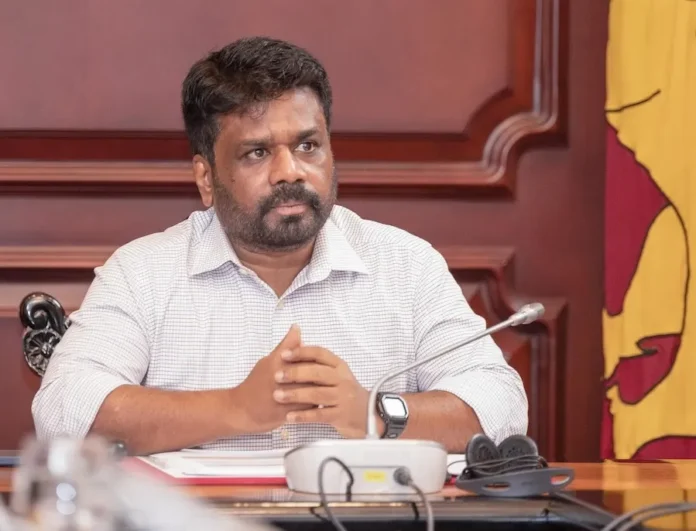August 07, Colombo (LNW): President Anura Kumara Dissanayake has called for an urgent revision of Sri Lanka’s disaster management legislation to better equip the country to face modern challenges, including the escalating risks brought about by climate change.
The directive was issued during the 14th meeting of the National Council for Disaster Management, which took place on 6 August at the Presidential Secretariat—marking the council’s first gathering in over seven years.
Originally established under the Disaster Management Act No. 13 of 2005, the council was created in the aftermath of the catastrophic 2004 tsunami to provide a coordinated national approach to disaster preparedness and response.
However, in light of evolving threats and increasingly complex emergencies, the President has deemed the current legal framework outdated and insufficient.
During the session, national disaster preparedness strategies and the latest iteration of the National Emergency Operations Plan were formally presented and endorsed. The discussion extended beyond procedural matters, focusing heavily on systemic improvements needed to ensure faster, more cohesive responses to both natural and man-made disasters.
A central theme of the meeting was the pressing necessity for a streamlined operational mechanism, with better coordination among agencies and a more agile response structure. The President stressed the importance of moving away from fragmented interventions and toward a unified, centralised command model for emergency management.
Citing financial bottlenecks as a significant barrier to effective disaster response, President Dissanayake instructed relevant authorities to reassess the allocation of resources. He called for the immediate release of funds to revive stalled mitigation projects and proposed revisions to the financial regulations governing relief and compensation.
One of the major outcomes of the meeting was the approval of a proposal to establish a permanent Disaster Management Fund. This dedicated financial reserve is expected to improve the country’s ability to respond swiftly to emergencies and invest in long-term resilience-building efforts.
In addition, the President ordered a comprehensive review of high-risk residential zones, directing officials to accelerate the identification of vulnerable communities and implement relocation plans where necessary to safeguard lives and property. He also proposed a reassessment of the current compensation scheme for disaster-affected families, recommending an increase in the payout amounts to better reflect the real cost of loss and recovery.
Council members emphasised the growing strain that erratic weather patterns and rising sea levels are placing on infrastructure and communities. There was broad consensus that the Disaster Management Act must be modernised not only to accommodate new technological capabilities, but also to reflect the wider risks posed by a changing global climate.

